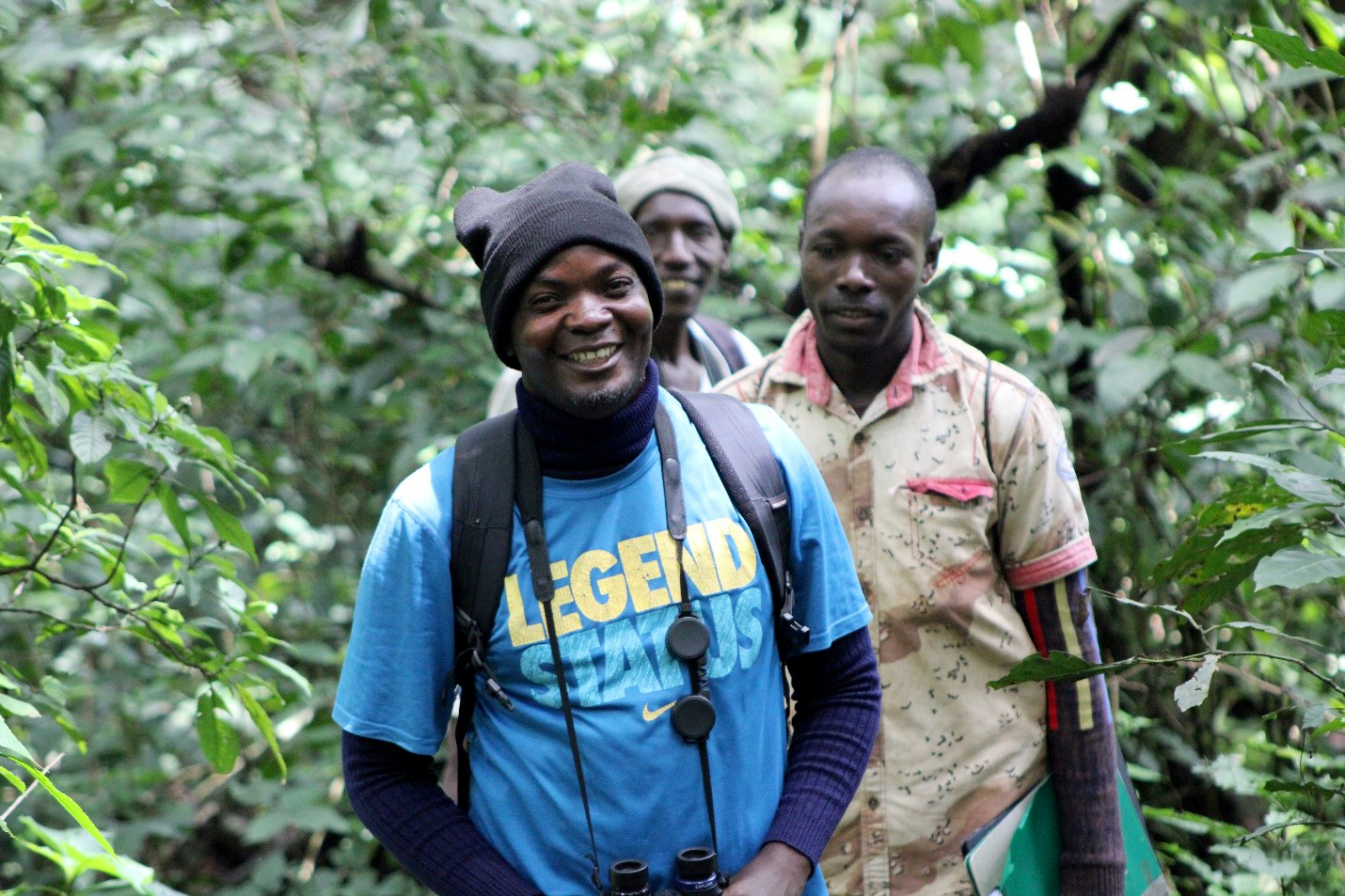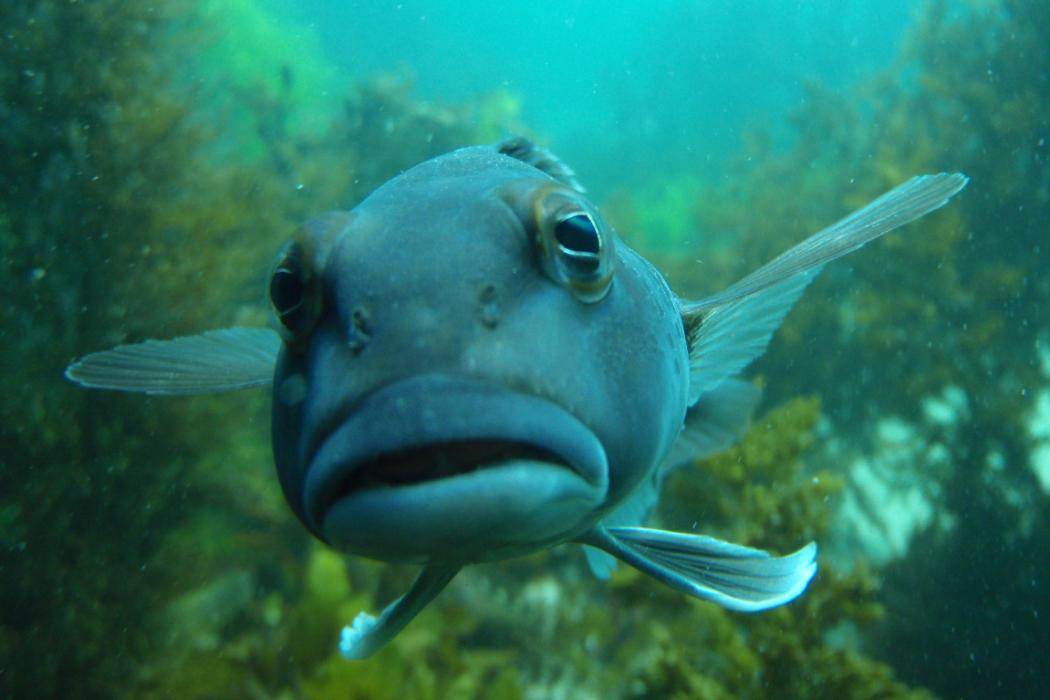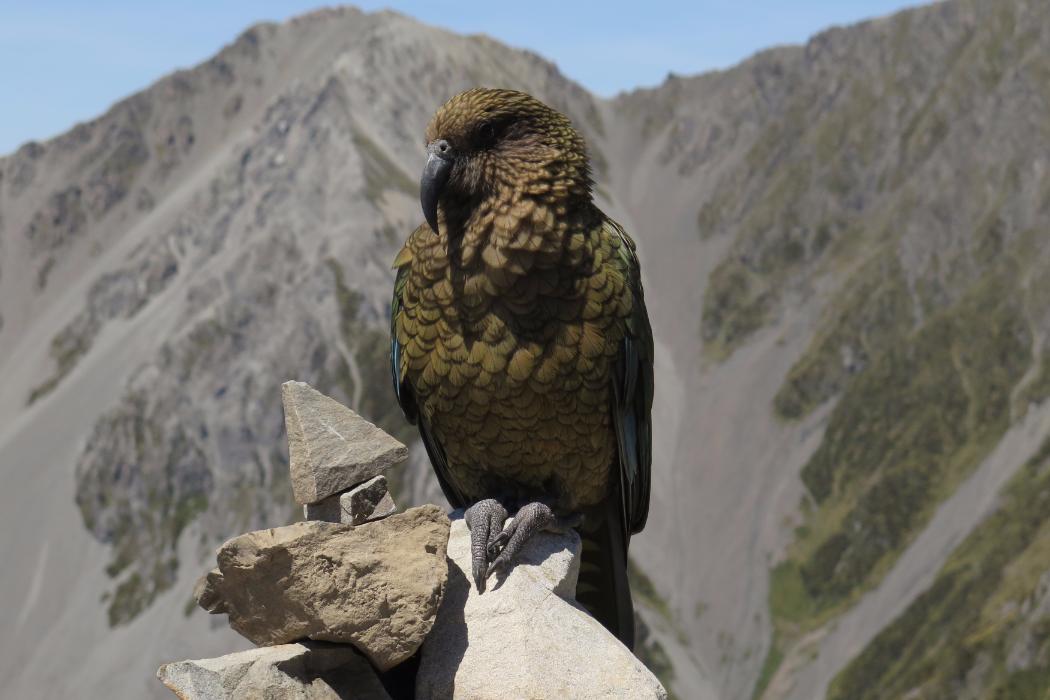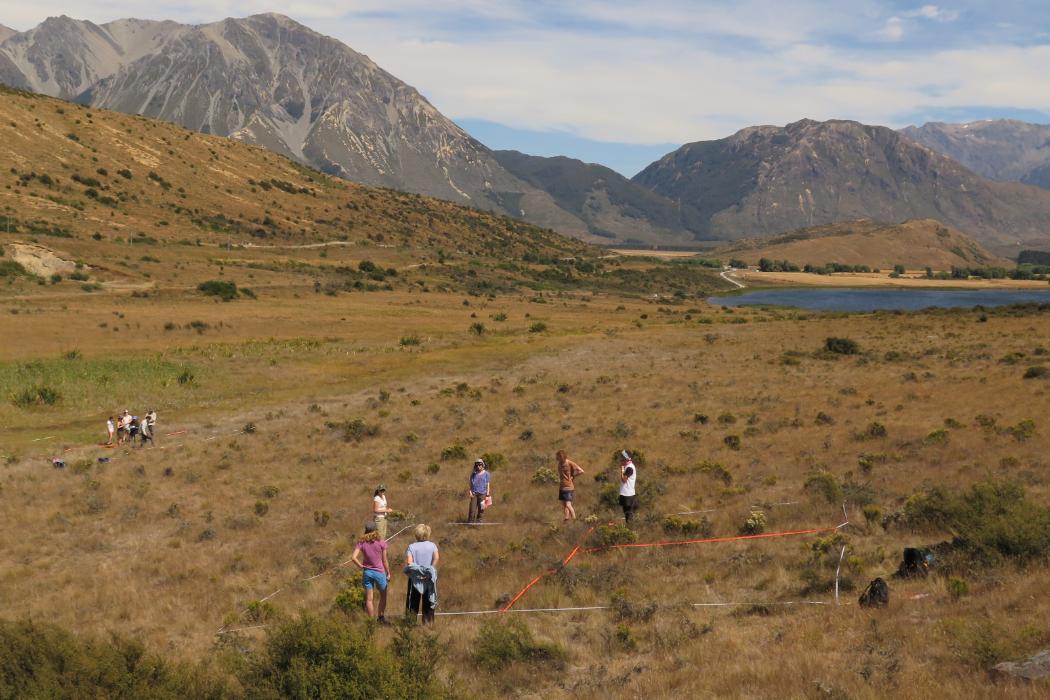Research into physiology, learning, and behaviour within Biological Sciences explores how animals function, respond to their environment, and adapt through experience. This research spans from the cellular level to whole-organism behaviour, offering insights into both human and animal biology.
Courses like BIOL250 (Principles of Animal Physiology) introduce students to how organ systems work together to maintain life, focusing on processes like osmoregulation, digestion, and neural control. These foundational studies are essential for understanding how animals—including humans—respond to internal and external stimuli.
Advanced research builds on this foundation through courses such as BIOL355 (Neurons, Hormones and Behaviour), which examines how the nervous and endocrine systems influence behaviour. This includes studies on how animals learn, make decisions, and adapt to changing environments. Researchers use a variety of tools, from physiological data recording systems to behavioural experiments, to explore how brain function and hormonal signals shape actions.
This work has wide-reaching applications, from improving animal welfare and conservation strategies to informing human health and education. For example, understanding stress responses in animals can help design better habitats, while insights into learning mechanisms can inform teaching methods and therapies.
By combining physiology with behavioural science, UC researchers are uncovering the complex interactions that drive life’s responses and adaptations. Their work helps bridge the gap between biology and psychology, offering a deeper understanding of how organisms survive, thrive, and evolve.
Our staff have extensive local and international connections and welcome contact from potential students and collaborators.
Examples of our research include:
- Habitat selection by native and invasive species, demographic patterns in in response to habitat, measuring behavioural responses of pest species to deterrents
- Human Frontier Science Program grant "Planning with a tiny brain: Jumping spiders detouring to stalk dangerous prey in cluttered environments"
- Uncovering how plants perceive, process and respond to sound vibrations
- Evolution of anti-predator adaptations in birds
- Fungal physiology as a driver of ecosystem function
- What causes animals to behave as they do?
- SASSCAL grant: Impact of climate change on African antelope
- Vertebrate behaviour & movement patterns (proximal / ultimate causes)
- Can physiological and behavioural flexibility buffer the impact of climate change
- Paternal influences on offspring sex ratios; stress physiology
- Predicting distribution of intertidal species based on physiological tolerances, behaviour, and weather
- Measurement of oxidative stress and antioxidant defence in marine species.
- Determining physiological and behavioural responses of intertidal organisms (limpets, mussels, and rimurapa bull kelp) to heat stress.























